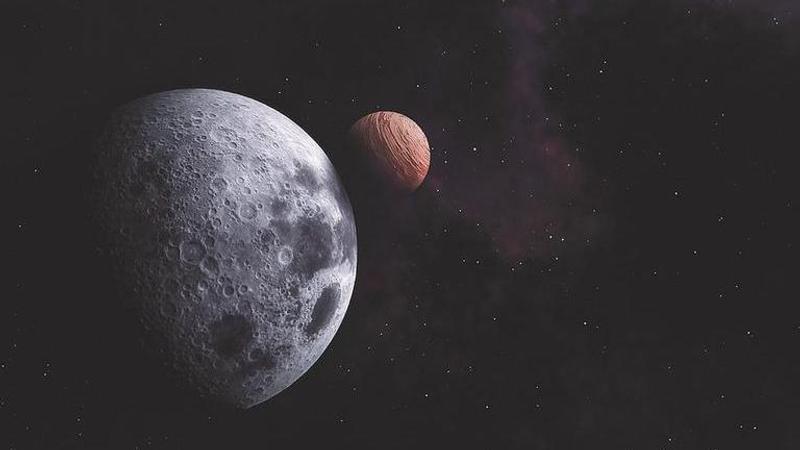Published 15:02 IST, July 16th 2020
Scientists develop artificial intelligence that may predict survival of planetary systems
A team of scientists from the US have come up with an artificial intelligence system that could predict the survival of planetary systems based on their orbits.

A team of scientists from the US have come up with an artificial intelligence system that could predict the survival of planetary systems based on their orbits. The details of research have been published in the Proceedings of the National Academy of Sciences wherein researchers have described the artificial intelligence algorithm called Stability of Planetary Orbital Configurations Klassifier or SPOCK.
Talking about the SPOCK, lead author of the study, Daniel Tomayo from Princeton University explained that the model would partially determine whether the planetary system would live long and prosper. As per scientists, the AI system could reportedly predict the stability of orbits of the planetary system which would mean that they could predict if the planet would continue on its respected orbits or would collide with each other.
“Separating the stable from the unstable configurations turns out to be a fascinating and brutally hard problem. To make sure a planetary system is stable, astronomers need to calculate the motions of multiple interacting planets over billions of years and check each possible configuration for stability—a computationally prohibitive undertaking,” Tomayo wrote in the paper.
Better understanding of planets' organisation
With SPOCK, the researchers aim to get a better understanding of how planets organize themselves around stars and in stable orbits even after billion of years from a star’s life cycle. In addition, SPOCK could also determine the long-term stability of planetary configurations about 1,00,000 times faster. Meanwhile, they have claimed that SPOCK reliably identifies fast instabilities in a compact system, which according to them is most important in trying to do stability constrained characterisations.
Elaborating further, Tomayo said that with SPOCK, they could categorically classify which systems would be “OK” and which would “ blow up soon”. "This new method will provide a clearer window into the orbital architectures of planetary systems beyond our own," he added.
Representative image, credits: Pixabay
Updated 15:02 IST, July 16th 2020



